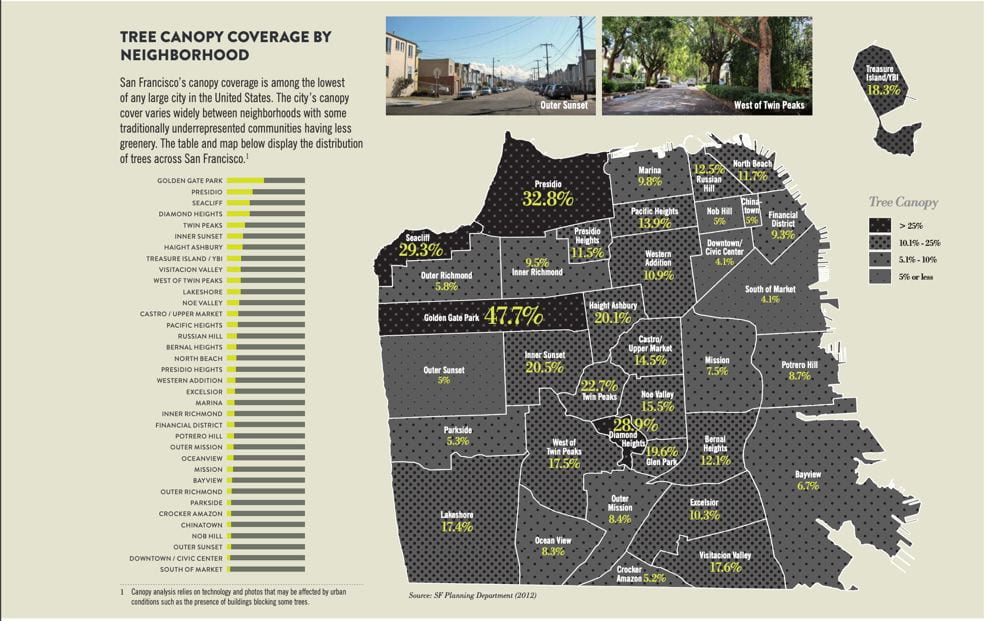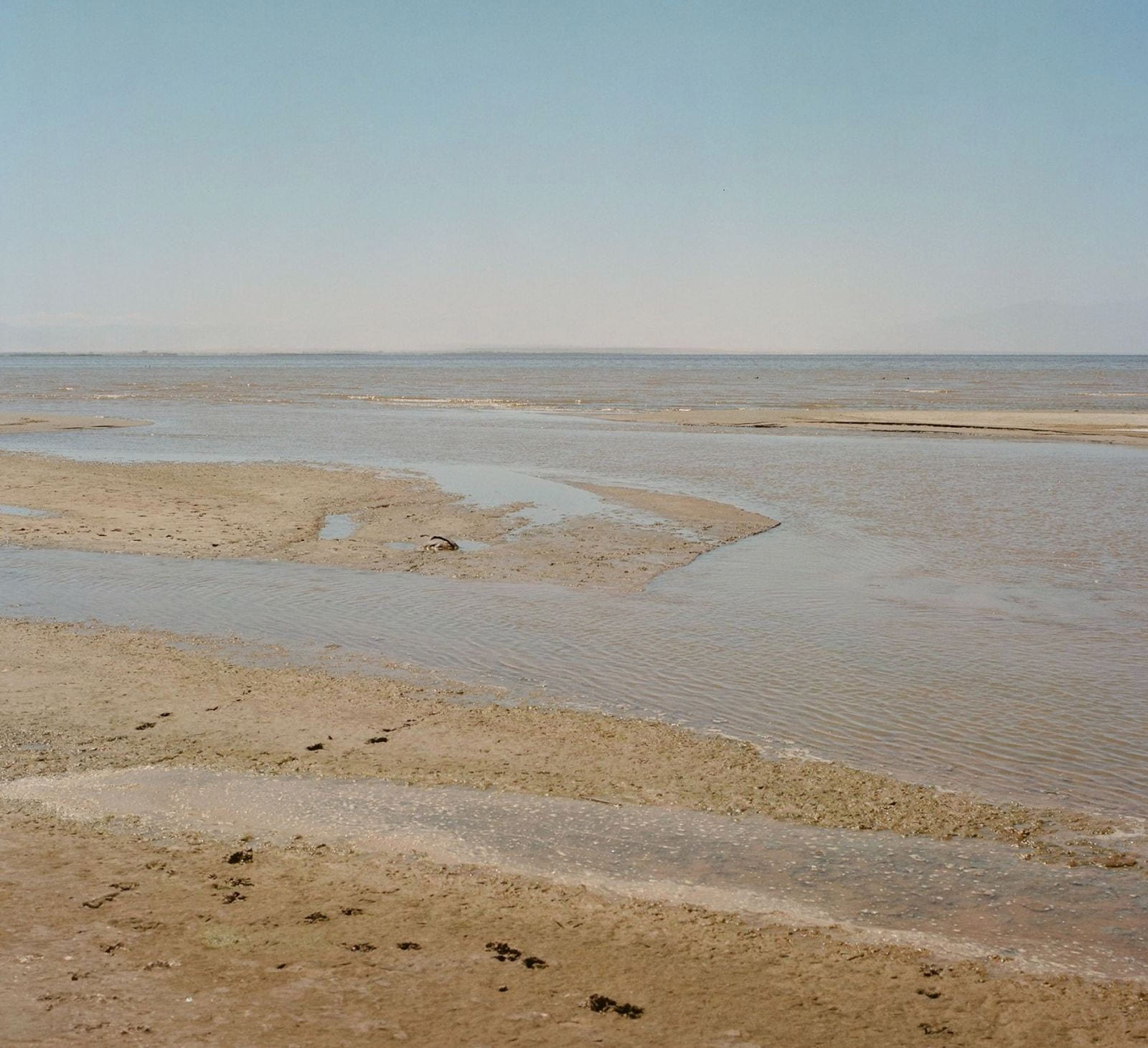Philosophy’s Role in Addressing Climate Change

Climate change has rapidly become one of the most existential issues of our time. Its effects, which are worsening every year due to the unrelenting harvest and burning of fossil fuels, have the potential to change Earth’s ecosystems faster than we can adapt, causing feedback loops which threaten humanity’s very existence on this planet. Clearly, our current mindset and the solutions it provides to the problem are not able to respond to it in a meaningful or timely manner. The fundamental way in which we think about the climate crisis must change for progress to be made. A new paradigm is needed that will help us focus on the relationships we have with ourselves, the natural world, and the interconnectedness between them. Instead of focusing purely on scientific solutions to our modern environmental catastrophe, one must look for solutions wherever they can be found. Philosophy is the perfect starting point for this if our objective is to change the dominant way of thinking about the issue. Daoism and Zen Buddhism, both philosophies with a strong connection to the natural world and an emphasis on relationships and interconnectedness with all things, can help us to achieve this needed paradigm shift. The relationship these philosophies promote with the environment and the natural world can help us better understand ourselves, the environment, and our relationship with it, thus forging a new path on how we should address the climate crisis.
Our relationship with the environment, at least in the Western world, is broken. We have become disconnected and disillusioned from the grandeur of the natural world, and we now gaze upon it as only an object. It is wild, untamed, and apart from us, who are civilized and orderly. Nature is an inanimate object to be used, harvested, and dominated for our own gain. This view is pushed by the dominant global economic system, and permeates almost every aspect of our daily lives. This economic system, which exists in many countries worldwide, is based around extractivism, or the harvesting of natural resources for export. This dominant economic model incentivizes constant growth, which oftentimes can only be achieved through planetary exploitation. Everything we manufacture requires raw resources, which the Earth only has so much of. Every year, more of these resources, both renewable and nonrenewable, are needed to meet the demands of humanity. In this worldview, there is no room for the nurturing of a relationship with nature or the environment as a whole. If our solutions to environmental catastrophes are built around this worldview, then they will be intrinsically flawed. Dao and Zen, however, are both philosophies with a strong connection to nature and the natural world. Within their core tenets exist ways for us to change our thinking about the natural world and foster an intimate relationship with the environment.
Daoism attempts to most fully appreciate our field of experience and to “make this life significant” by “bringing into focus” the things that constitute it (Dao De Jing, p. 11). Thus, in Daoism, every aspect that makes up the field of experience, human or not, has value and should be appreciated as such. Dao, furthermore, is a sort of power which is embedded in every being, both sentient and non-sentient, and thus shows us that we as humans are not superior to anything else in this existence (Zen and Japanese Culture, p. 11). If humanity is able to realize that we are on an equal plane, and that we have this Dao in common with each other as well as the living and nonliving aspects of the natural world, then it opens a path to forge relationships from this newly realized commonality. Furthermore, the Daoist thinking that “things as events that are intrinsically related to other things” opens the door to a reexamination of our interactions with the natural world (Dao De Jing, p. 15). The dominant, scientific way of thinking tends to pull apart the environment into its constituent parts, examining only one aspect in an isolated state, such as a tree or a stream. However, if we adopt the Daoist model, we are able to think of things in terms of relationships and interactions. It enables us to see how one action here may ripple through the field of relationships and affect something over there, such as the pollution of a river with fertilizers leading to a hypoxic dead zone at its mouth, or the loss of some seemingly insignificant species leading to the collapse of an ecosystem. We should seek to foster relationships of integrity with both each other and the natural world, which in Daoist terms means “becoming whole in co-creative relationships with other things” (Dao De Jing, p. 16). The importance Daoism places on relationships can help us connect to our environment in a way which promotes stewardship and appreciation, and recognizes commonality instead of domination or otherness. Actions should be taken in relationships which “promote the interests and well-being of both oneself and the other” (Dao De Jing, p. 24). Currently, we are doing the exact opposite of this in terms of our relationship with Earth by continuing our reliance on extractivism and the combustion of fossil fuels. These actions harm the Earth now, and we will most certainly feel their consequences in the near future. Thus, we are actively hurting ourselves and the environment through the actions we are taking in this relationship. If we follow Daoist teachings, we can forge a relationship which would be best for both us and the planet.
Zen Buddhism is another philosophy with important teachings which may inform a new ecological paradigm needed in the age of the climate catastrophe. Zen is a philosophy which attempts to inform and express “the most concrete experience…most significant human experience” (Zen and Japanese Culture, p. 6). Around the world, people have responded to the reality of climate change differently. Many have already begun to act, while some are paralyzed by the enormity of the task humankind is faced with, leading to inaction. A small but significant group flat out deny the reality we are faced with and wish to continue on the “business as usual path,” which was what led us to our current predicament in the first place. Adopting or practicing the beliefs of Zen may aid us in coming to terms with the reality of the climate crisis. To truly live the most significant and concrete human experience, we must accept the reality of our situation, which will allow us to reconcile these various views and begin to address the disaster we have caused to the best of our ability. After all, there can be no significant human experiences if there are no humans. The tenets of Zen Buddhism also instruct that this significant human experience should be constructed under an actional approach to enlightenment. This approach to enlightenment inspires taking matters into one’s own hands and not relying on some outside force. In terms of the climate crisis, the effectiveness of this approach can already be seen from the countless protests, movements, and grassroots organizations emerging which seek to spur action from people around the world to raise awareness and change their habits to lessen their carbon emissions. By following this example set by Zen Buddhism, we will not stagnate and wait around for action to be taken or some panacea-like solution to arise. Unfortunately, we simply do not have the time and must act for our own enlightenment, the good of the planet, and the people that inhabit it.
Zen does not only reconcile differing viewpoints on climate change and inspire action to protect the Earth, but it also instructs us on how to live better for the good of the environment. Zen is a philosophy of being satisfied with less but simultaneously finding the beauty within all things (Zen and Japanese Culture, p. 25). This thought is encapsulated in the concept of wabi sabi, or an appreciation for the beauty in the simple, natural, and imperfect. Within all of us, there is an “innate longing for primitive sensibility,” which involves both a connection to and an understanding of the environment and its natural processes (Zen and Japanese Culture, p. 23). It asks us to be satisfied with less by seeing the immense beauty in what already exists or what we already have. If our hyper-consumerist Western society adopted this way of thinking, then it may help us to curb our addiction to producing, purchasing, and growing. With these ideologies of Zen, we can become more ecological beings who are satisfied with owning less and who are happier because of it. At the same time, we are rekindling our relationship to the natural world and the processes which drive it. A combination of all of these tenets of Zen makes it an ideal philosophy for both understanding and addressing our current climate crisis.
As it currently stands, the dominant ways of thinking about the climate crisis in the Western world are insufficient to address the existential threat it poses to humanity. In order to confront the enormity of the issue, we need a paradigm shift to a way of thinking that will help us reconnect with the natural world, understand its processes, form meaningful relationships, and inspire action to protect it and ourselves. The philosophies of Dao and Zen Buddhism, ways of thinking which have flourished for centuries, are ideal for shifting how we view and interact with each other and with the natural world. Furthermore, these philosophies can help us accept the reality of climate change which paves the way for effective solutions and strategies to handle its effects. The tenets of Dao allow us to forge more meaningful and intimate relationships with each other and with nature, and allow us to focus on each constituent part of a system and how they all interact, leading to a greater understanding of how natural systems operate and informing our actions in regards to the environment. Zen Buddhism allows us to accept the reality of climate change and inspire action so that we can begin to tackle the problem instead of sitting idly by waiting for a solution to appear. It also instructs us to be satisfied with the simplicity and the beauty of life around us, which can help to curb the rampant consumerism and extractivism in the West, allowing us to become more ecological citizens of the Earth. Although climate change is largely thought of as an issue that can only be addressed by science, it is a problem so large that it requires contributions from countless disciplines for a solution to be realized. Philosophy may be the strongest place to look if we want to change the fundamental way we think about the issue, which, as it stands, is clearly ineffective. Zen and Dao, in particular, seem to be our best bet for transforming the lens under which the climate crisis and environmental problems, in general, are examined into one that is mutually beneficial for all.
Works Cited
Suzuki, Daisetz T. Zen and Japanese Culture. Princeton University Press, 1959. JSTOR, www.jstor.org/stable/j.ctvc77449. Accessed 14 May 2020.
Laozi. Tao Te Ching. New York :Vintage Books, 1972.


